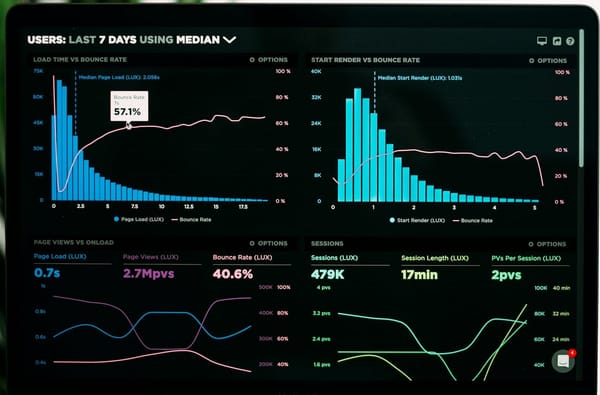Gaming on Linux in 2025
Any better these days?

In 2022 I spent an entire year without having Windows installed on my PC.
At the time I was using Pop_OS! and largely stuck to just WoW for that entire time.
Getting WoW to run in Linux back then was fairly easy. Lutris was a big help and X11 was pretty mature and solid.
However, since then X11 as a standard has been nigh-on fully supplanted as the de-facto window manager/compositor by Wayland.
Wayland these days is largely solid enough, is a more modern application, and seems to be the default now in most modern Linux distros.
Fedora as a distro, and Gnome as a desktop environment have both declared that they are completely dropping support for X11 this year, and moving over entirely to Wayland.
Currently I'm on EndeavourOS, a very vanilla Arch Linux distro with a good installer and some light theming options. Endeavour is my "home" distro, my default choice if I had to pick just one.
Earlier this year Wayland became the default on Endeavour, and so I had to try gaming on it, to see if it was up to scratch.
Well, yes and no. It somehow feels a bit jankier than X11 did. But that's to be expected, given that it's a much younger protocol than X11.
Only within the last few days have I managed to get World of Warcraft up and running in Endeavour with Wayland. Complicated by the fact I'm running a 5090 that uses cutting edge drivers only released to Linux 3 months after the card's release.
Performance is on a par with Windows to be fair, getting similar frame-rates, but with some graphical jank that comes with certain options (like CMAA2), and anti-aliasing in general not working as it should.
Steam games should work without issue, as Valve in recent years, thanks in the main to the Arch-based Steam Deck, have been driving the adoption of Linux as a gaming platform. To say that without Valve, Linux would still be in the very niche-st of niches when it comes to gaming wouldn't be a million miles away from the truth.
Their work with Proton, not to mention the work by an independent Proton developer called Glorious Eggroll (who also created and maintains the Nobara Linux distro), has been instrumental in getting Linux up and running as a viable alternative to Windows for gaming. Not only viable, but in some cases actually a superior platform, with better frame-rates, less stuttering and a better experience all around.
Outside of Steam though, much as with my experience getting WoW running via Lutris, your success in getting games to run may vary somewhat. If you own an AMD graphics card, crack on. Support for AMD graphics cards in Linux are far superior to Nvidia, as their driver stack is built into the Linux kernel itself. This isn't the case with Nvidia however.
For the moment, until Wayland improves Nvidia compatibility a fair bit, I think I'll remain doing most of my gaming on Windows. However, that will change over time, and as Wayland support improves, Linux will eventually supplant Windows as even my gaming OS.
As it stands right now, unless I'm actively gaming, I tend to use Linux more. I've been writing blog posts all morning in Linux, and I tend to do most of my web-browsing and other non-gaming related activity in Linux.
Linux in general
To say I'm a big fan of the OS is an understatement. The lack of telemetry, the knowledge that it's not run by an overbearing conglomerate seeking to feed you ads in your Start Menu, and the fact that it's just a more private OS overall is just really satisfying to me.
I'll probably write up a separate article on Linux in more detail, but suffice it to say I much prefer it to Windows 11. For general day to day computer users, especially those that don't game, Linux is just simply the better option. Given the fact that Windows 10 will reach end of life in October this year, consigning millions of computers to an insecure and unsupported future unless they upgrade to Windows 11, it makes sense that anyone with a modicum of technical knowledge should make the jump.
Again, I'll write this up in greater detail in another article, but even for those without much technical acumen, and in general for beginners just getting into Linux, I'd recommend either Mint or Ubuntu, both distros based on Debian.
I went the hard route and dove straight into Arch, because of the freedom it offers, but more of that in another article...




